The Low-Down On Offal
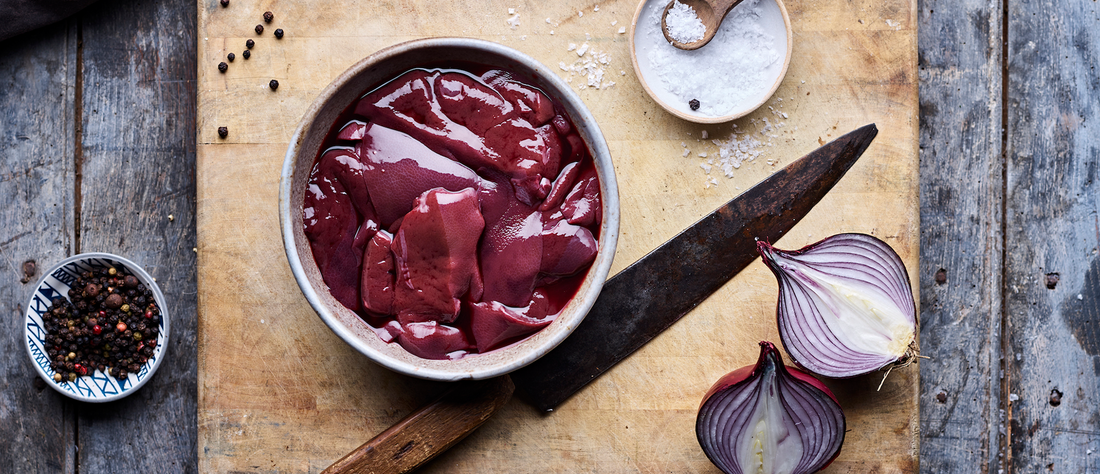
What Counts As Offal?

Is Offal Good For You?
You may hear offal referred to as a ‘superfood’ owing to the density of nutrients contained within the organs. Included in these is vitamin A (also known as retinol), a powerful antioxidant that’s credited with benefitting everything from brain function and vision to the immune system and skin. Of course, like anything, you shouldn’t overdo it – balance is key.
Liver is probably the most widely eaten organ meat in Britain and that’s no bad thing. As well as being versatile to cook and delicious to eat, it’s a good way to get vitamins A and B as well as iron into your diet. It’s suggested that eating liver can support the function of your own liver.
Offal and Protein
Including offal in your diet provides a quick fix of lean protein and helps you take in the essential amino acids your body needs for activities like muscle building and immunity. Eating animal protein also makes you feel full for longer so can help you feel less tempted to snack – ideal if you’re keeping an eye on your waistline.
Championing Offal
As organ meats aren’t the most popular pick from the carcass, they don’t carry the premium price you’ll see attached to more prized cuts like steak. So your wallet, as well as your tummy, will thank you for including them in your diet.
And importantly, eating offal helps cut down food waste. Here at The Organic Butchery we have a ‘whole carcass’ philosophy that means we aim to make use of as much as possible of every animal we slaughter – organs and bones included. It’s unrealistic and shamefully wasteful to think that eating just the ‘prime’ bits of the animal is OK. When we use our imaginations and get a bit creative, there’s deliciousness to be found from head to hoof.
If you’re worried about the safety of eating offal, it’s best to source it from grass-fed, organic animals that come from a reputable and fully traceable source. That way you know exactly that the liver, kidney or heart that you’re eating is clean, untainted and naturally good.
No comments



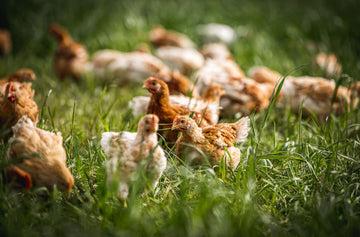
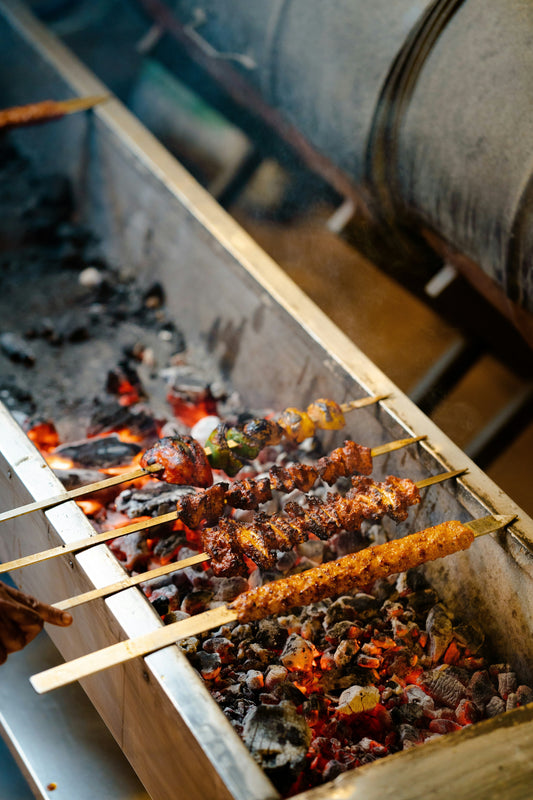
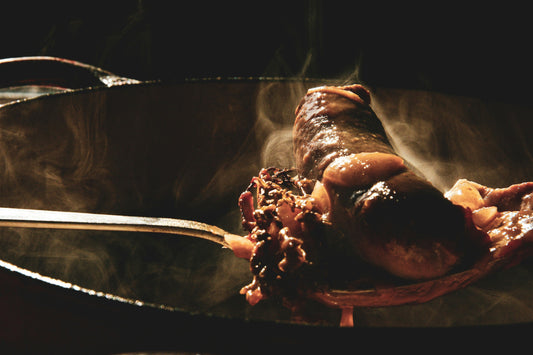
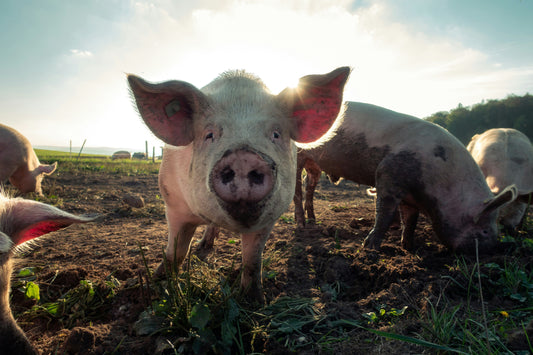
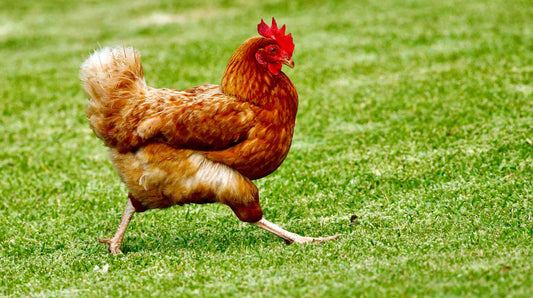
0 comments